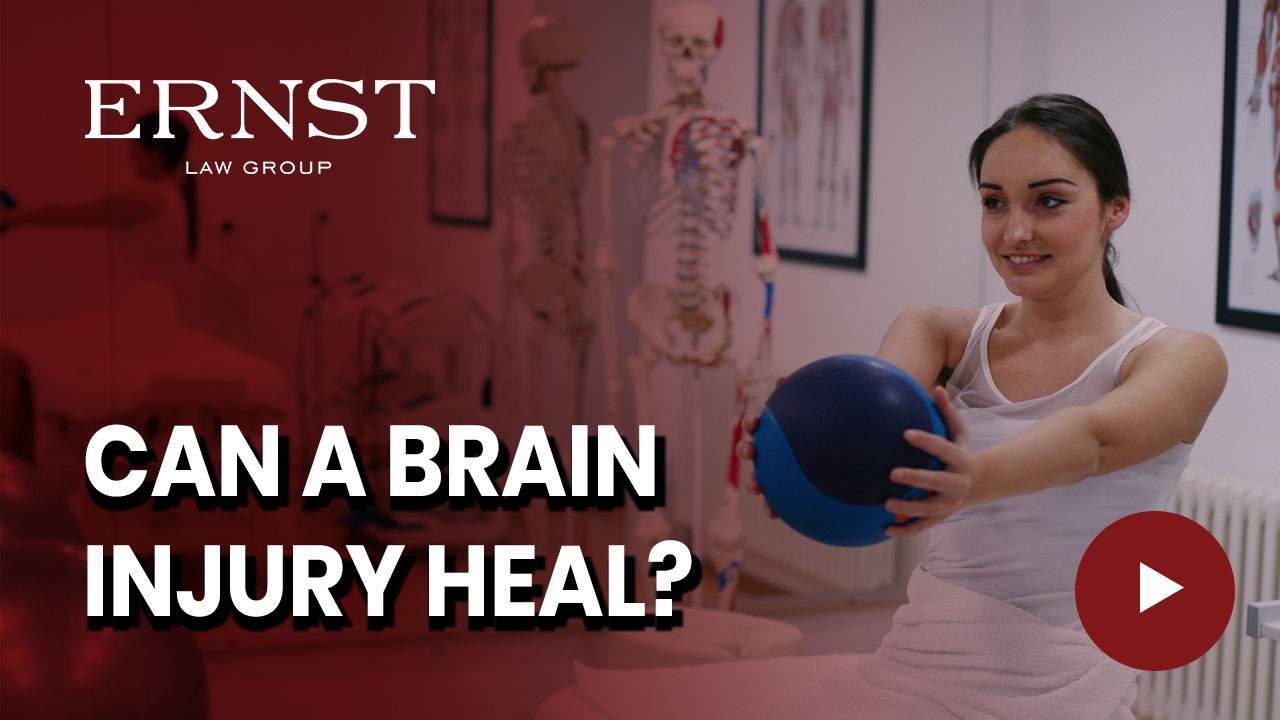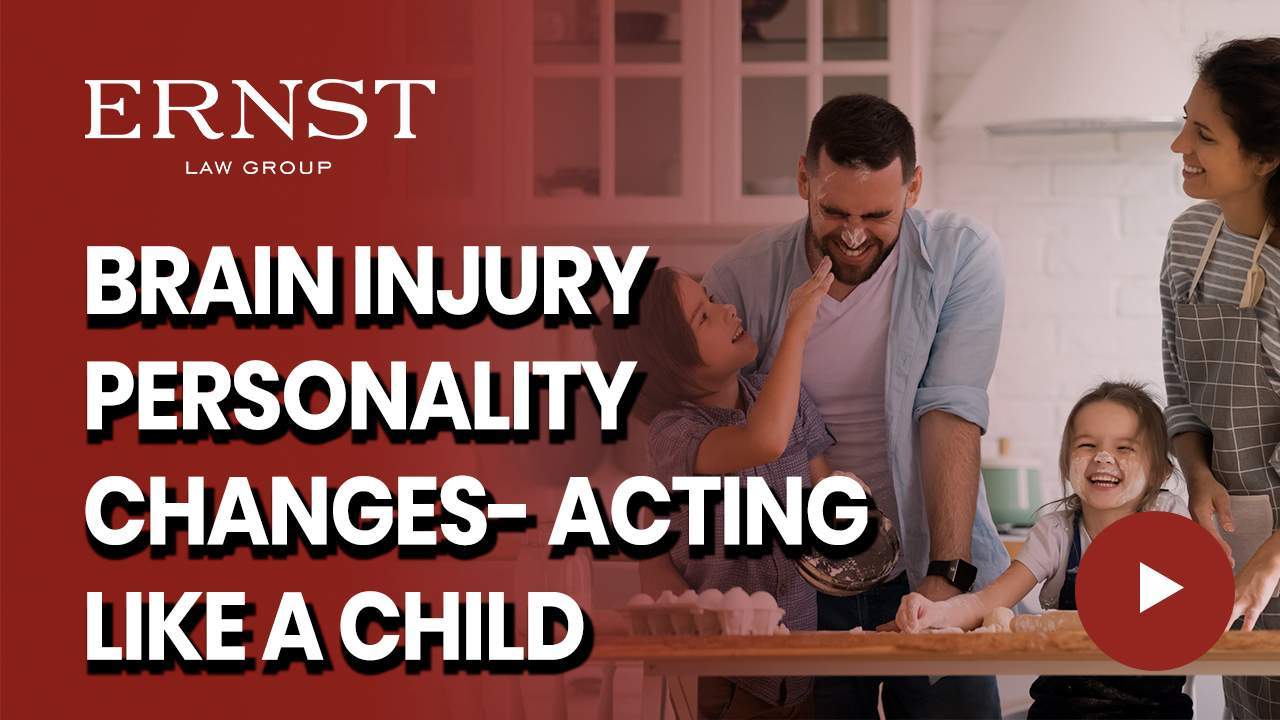Transcript:
One of the questions we often get is, “How do I make my headaches go away or improve them that go along with the traumatic brain injury?” Chronic headaches is a classic symptom of a traumatic brain injury, and it’s something you really need to pay attention to. Because there’s a lot of improvement in the quality of your life if you or your loved one can deal with this. So first off is we work with experts throughout the state of California, UCSF, UCLA, Cedars, Stanford, and this is what they tell our clients and I figured I’d pass that on. First off is you want to find out, if it’s related to the traumatic brain injury or often it’ll actually be related to the neck. Often in a traumatic brain injury, there will be damage to the neck as well. And that will cause the headaches a good percentage of the time.
You can find out if it’s related to the neck by basically going in and when you get a headache or your loved one has a headache, you start rubbing the back of their neck. You rub lower, you rub higher. And if that provides some relief it’s part of the muscles of the neck, which are contributed to the headache. So I asked some of my clients, “Hey, what are the best ways to deal with that? And what have the experts told you?” And there’s three things that really ended up being a difference maker for them. First one is a product called Biofreeze. The second one, which is classic ice, put a cold pack on it, put ice on it. And the third one is some type of massage. You can either have somebody do it for you, or actually what our clients often are recommended is product like this.
It sits over your shoulders, Pull it down. And the harder you pull it against, the more it gets into your neck, that massage product, there’s a zillion of them online. You can look, there’s a bunch of them, it’s not hard to find. And those type of products actually provide quite a lot of relief for the clients saying, “Hey, what can I do to make this tension headache or headache coming from my neck, go away?” The other way that you can address some of the headaches related to TBI is if it’s actually directly related to the TBI, those are harder to find solutions for, but I wanted to mention just a couple of options, because knowledge is power. The more you know about how to take care of the TBI, often the less that affects your daily life. And so, one of the things that if it’s you, that’s the TBI suffer or a family member, you want to ask, if they’re having brief moments where they don’t really know what’s going on, and this is in a second or two.
They get described as just brief flashes where they just briefly are just not there for just a second, just a microsecond. And what it is often they’re diagnosed with what’s called micro seizure disorders. And it’s something that comes from traumatic brain injuries, it’s not life-threatening. It’s something that you just need to know about. Often they’ll occur at night. You can do EEGs to diagnose them. But what can be done is if you start and your doctor, neurologist, or the person who’s following your brain injury, diagnoses you with these types of micro seizures, they will give you drugs that prevent the micro seizures from coming on. And a lot of times that will help significantly deal with some of the pain that goes along with them. Being on some of that drugs is what some of our leading neurologists in the state of California recommend.
They see a traumatic brain injury victim, and they basically are like, “You need to get on one of these. We’re worried about this. This is going to help your symptoms.” Sometimes there’s huge improvements from it, sometimes not so much. But it’s something that I at least should recommend just because it’s something that your Doctor may want to look into. All doctors are not created equal. Some are very familiar with traumatic brain injuries and others tend to go the route of thinking it should resolve in 18 months and you’re plateaued after that. If your doctor says that, I know I’ve talked about it in some other videos, but basically there’s a thing called neuroplasticity. You can look into that. I’ll do other videos on that. You can always be improving. It just takes work. So that’s what I wanted to address. Hopefully if you’ve got additional comments or questions, feel free to leave comments below or ask additional questions you want to be followed up on. And we have a Facebook group that there’ll be a link about it, and you’re welcome to participate.









